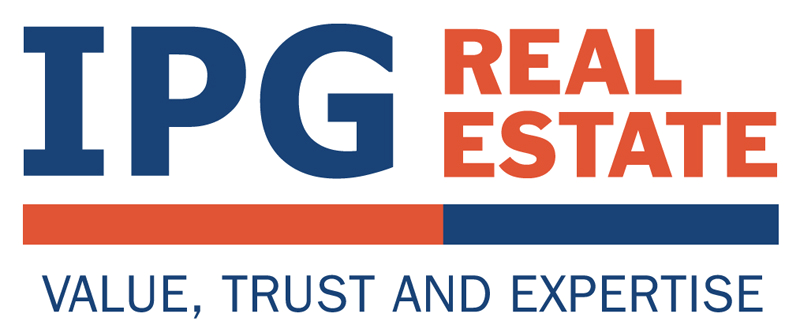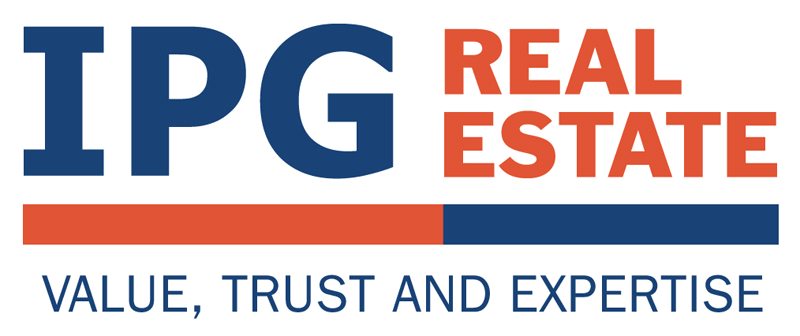As the leader of a growing company, you’re familiar with all sorts of anxieties that lurk below the surface of your everyday tasks, but one source of anxiety is not often discovered early enough.
A bad leasing decision can kill your startup dreams, but it isn’t something that entrepreneurs consider early enough in the life of their companies.
What seemed like a great deal at first – when you immediately needed the space – may not be beneficial to your company in the long run. Thankfully, you can act to avoid your office space lease becoming a pain point.
Think About Office Space Early and Often
Every office move will take longer than you expect, but you can plan for this in advance. You should have an idea of your next move, even if that is years from now.
But how can you start thinking about the next move, if you haven’t even started your current move?
Find a Professional to Help
Work with a commercial real estate broker to help you land the space you’ve always wanted. A good broker will work with you to understand your priorities when searching for office space, as well as understand your business and its space-related needs.
“A bad lease will be the exact opposite of the word startup,” said George Donohue, President of IPG Real Estate. “It will be end-down.”
How else can a broker help? A good broker will know the buildings in your area, as well as have relationships with the owners and insight into when space is becoming available. The best brokers will be able to clue you in on the best office space before it even hits the market, which is essential in today’s day and age. The best space moves quick.
Don’t Knock the Quick-Hit Sublease
A great broker can help you find an ideal short-term sublease, one in which the previous company had a similar look and feel and has essential components for power and data. This makes your life easier and is less of a hassle than other moves.
A Growing Startup Needs Space to Grow (And Shrink)
Take an educated guess at how much space you’ll realistically need. Taking too much space or too little can be a killer mistake, especially if you haven’t negotiated the best terms on your office space lease. You should learn about target density and apply it to your guess – most startups have about 150 usable square feet per person.
Be sure to keep an eye on neighboring space in your building – an asset that you can’t let slip without at least taking a peek. If you expect your company to keep growing and you’re hiring employees at a fast rate, this space can be essential to employee morale as it keeps everyone in a central location, rather than isolating them on separate floors or buildings.
Escape Clauses
An expert broker will help you negotiate terms that give you an out should you want to leave your current office space. A useful escape clause is the right to sublease your office space.
Don’t underestimate the ability to grow and shrink these adjacent spaces of your office – you can always sublease your space if your company downsizes, giving you an option if you find that additional space is unnecessary for your business.
If possible, you’ll want to negotiate a right of first refusal (ROFR) on future space in the building, especially contiguous space.
Two Words: Maintenance and Replacement
In a fifty-page lease, it’s easy to overlook these two trap words: maintenance and/or replacement. If you see these words, you’ll need to think long and hard about whether to sign the lease. You could be on the hook for tens of thousands of dollars’ worth of maintenance or repairs if anything goes wrong in the building.
“Tenants are usually most concerned with rent and the size of their space, rightfully so. But something that a lot of tenants overlook – and a good broker will help them avoid – are these ‘trap terms,’” said Keith Radhuber, Executive Managing Director, IPG Real Estate. “It’s July and the air conditioner breaks in your building. Based on the terms in your lease, now you, the tenant, are on the hook for the maintenance and repairs, which could take months to occur. You’re unhappy at the extra expense. Employees are uncomfortable and unhappy in your office environment – maybe even quitting. And clients don’t like it either.”
Do your due diligence to avoid terms like these.
Lease Terms
Aim for the shortest deal possible. Find out if any other tenants have ROFR, or the right to force you out of your space. You should negotiate ROFR and renewal rights so that your business can stay nimble as it grows.
Don’t forget to include in your lease terms the right to sublease your office space to another company. Do not make a deal on office space without this term in your lease! Should you need to expand or contract, this right will ensure that you can recoup some or all the costs of your current lease should you move out of the space.
Finally, negotiate a termination right. Having the right to terminate your office space deal will give you peace of mind, especially if a deal is on the longer side. You might have to pay a hefty penalty for terminating early, but it will be less than the full term of the lease – worth it if you need to move from the space.


